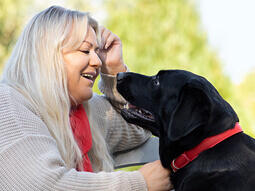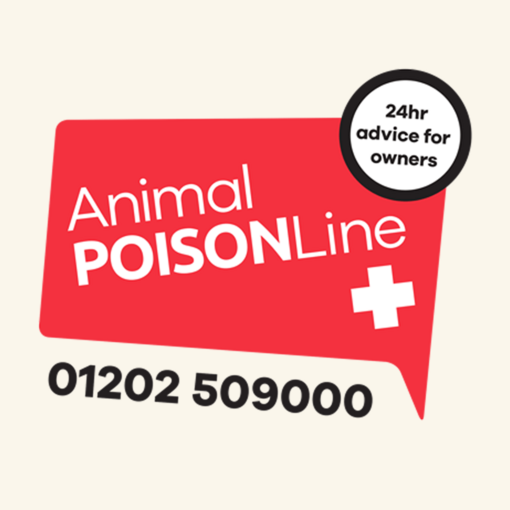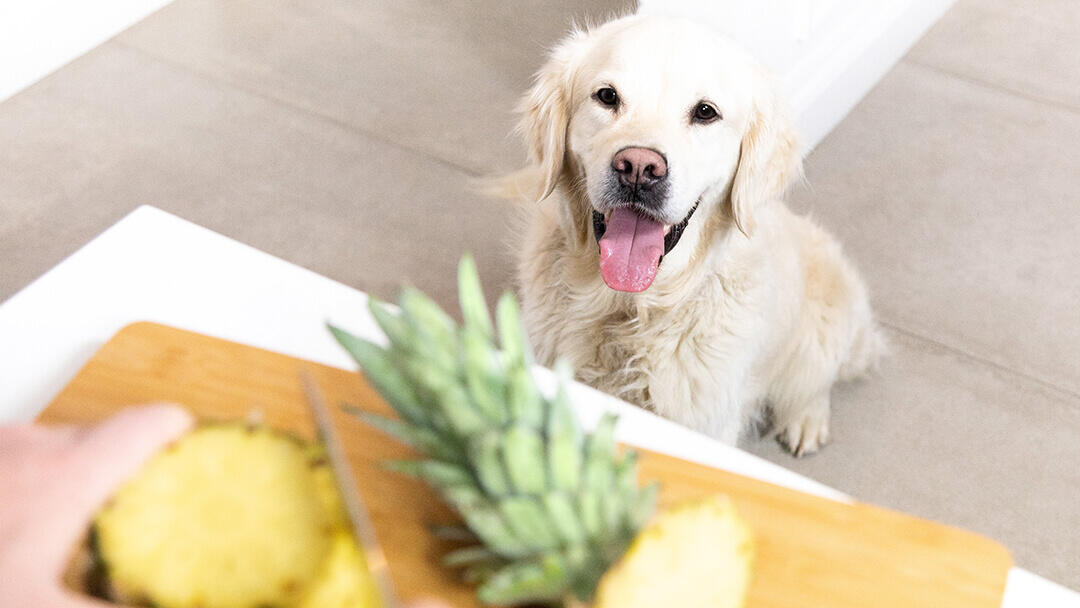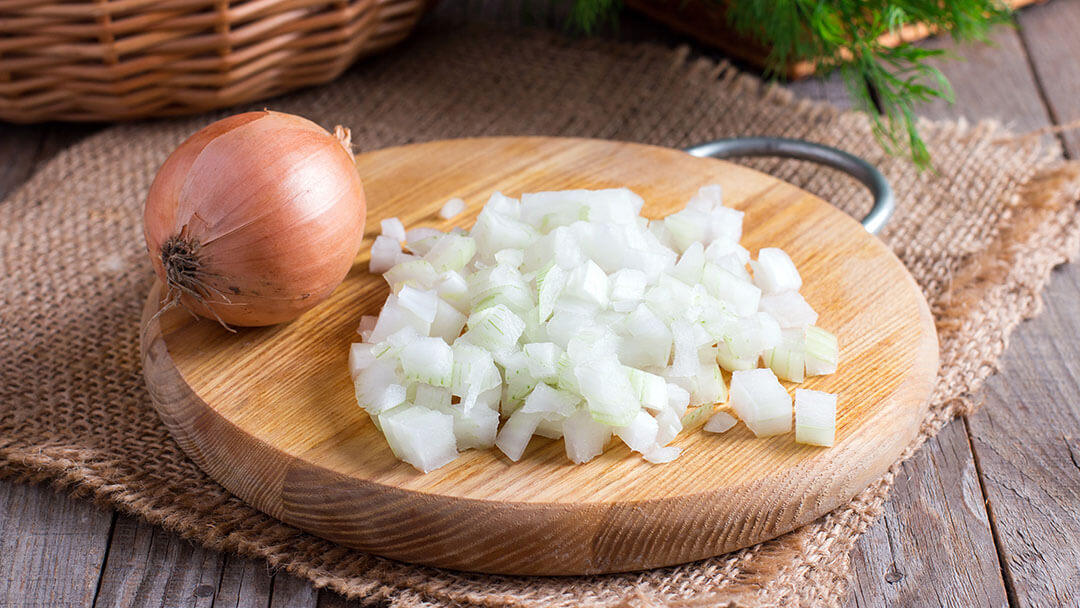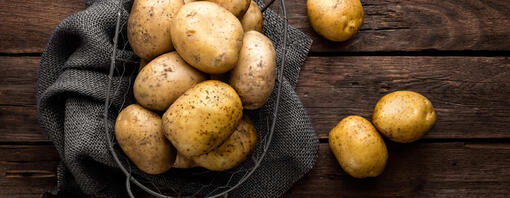
Roasted, baked, fried, mashed – so many delicious ways to enjoy potatoes, and just as many questions in the minds of dog owners wondering which one of their potato dishes they can safely share with their pet. Unfortunately, there isn’t a simple yes or no answer to the question “can dogs eat potatoes?”
Human foods don’t always make an easy transition into the canine world. After all, our dogs have different nutritional check boxes to tick. And when it comes to quantities, what is an imperceptible amount of salt or sugar in a potato recipe can end up being many times over the maximum daily recommended amount for our pet.
That’s why it’s important to understand if and how to offer dogs a piece of that delicious potato dish, so that both you and your pet can enjoy your meals safely and happily. Keep reading to find out more.
Can dogs eat potatoes?
The answer depends on how the potatoes are prepared. Dogs can eat potatoes as long as they are plainly cooked and offered in moderation. Roasted potatoes, prepared without spices or butter are the best way to let your pet have a taste of a delicious spud. But avoid giving your dog raw or boiled potatoes that are green as they’re not safe for dogs to eat as they contain solanine. Always cook the potatoes before offering them to your pet and make sure you remove the skin as this can sometimes be toxic to dogs.
As with any human food, make sure you check with the vet before adding it to your dog’s diet. Pooches suffering from diabetes need to be particularly careful when it comes to potatoes. Too much and their blood sugar might become too high. So, if your dog has diabetes, it’s be best to avoid potatoes altogether.
Benefits of potatoes for dogs
When served properly, potatoes can offer some nutritional benefits to your dog:
- Energy-rich carbohydrates: They’re a good source of complex carbs, which can provide a quick energy boost, especially helpful for active dogs.
- Vitamins & minerals: Cooked potatoes contain essential nutrients like vitamin C, vitamin B6, iron, magnesium, and potassium, all of which support immune function, nervous system health, and overall well-being.
- Fiber for digestion: The fiber in potatoes can aid your dog’s digestion and promote healthy bowel movements.
Risks of feeding potatoes to dogs
While potatoes can be safe in moderation, there are several risks to consider:
- Solanine toxicity: Raw, green, or sprouted potatoes contain solanine, a natural toxin that can cause symptoms like vomiting, diarrhoea, and lethargy. Cooking breaks down solanine, but raw potatoes should always be avoided.
- High glycaemic index: White potatoes can spike blood sugar levels, which makes them a poor choice for dogs with diabetes or weight issues.
- Choking hazard or GI blockage: Large chunks of potato or potato skin (especially when unpeeled or undercooked) can be difficult to digest or pose a choking risk.
- Unhealthy additives: Butter, oil, salt, garlic, and seasonings often used in human potato dishes can be harmful to dogs and should always be avoided.
Can dogs eat sweet potatoes?
Yes, dogs can eat sweet potatoes as long as they are cooked and the skin is removed- as this can sometimes be difficult for your dog to digest. Although this root vegetable is packed with fibre and has many vitamins and minerals, it’s always best to offer it to your dog in moderation with their meal or as an occasional treat.
The bulk of their diet should always be food specifically designed with the right balance of nutrients for a dog’s system. Other fruits or vegetables such as sweet potatoes are not typically necessary and if offered in large quantities, this can lead to health problems in the long run. You can find out more about dog nutrition for a balanced diet with our easy guide.
Can dogs eat mashed potatoes?
Yes, as long as the potatoes are roasted and not boiled and no salt, seasonings, milk or butter is added your pet can enjoy this all-time favourite dish. However, there isn’t much nutritional value your dog will be able to get from eating mashed potatoes. Therefore, it’s always best to stick to carefully-formulated dog food that takes into account the specific canine needs.
Can dogs eat chips?
This salty treat is often a staple in our human diet, but when it comes to canine digestion, the chips’ salt and fat content can wreak havoc on their digestive system. That’s why dogs shouldn’t eat chips or fries at all – instead choose from these healthier treats for your dog.
Can dogs eat raw potatoes?
Dogs should never eat raw potatoes as they contain a substance called solanine which is potentially toxic to dogs. However, the levels of solanine are reduced when the potatoes are cooked (so long as they aren’t boiled) which is why it’s always best to roast them before offering a bite to your pet.
If you suspect your dog ate a piece (or more) of raw potato, watch out for symptoms of solanine intoxication which might include vomiting, diarrhoea or lethargy. Make sure you get in touch with your vet as soon as possible so you can get your dog the help they need as quickly as possible.
Can dogs eat potato skin?
Potato skins can be difficult for dogs to digest and can cause an upset stomach so if you’re feeding potatoes to your dog make sure you remove the skin first.
If in doubt, always check with your vet before offering your dog potatoes or any other food that is prepared for us humans to enjoy.
FAQ
Yes, in moderation. Plain, cooked sweet potato is a healthy treat. Avoid added sugar, salt, or spices.
Small amounts only, as an occasional treat. A spoonful for a medium-sized dog is enough.
Raw potatoes can be toxic. Watch for vomiting or lethargy and contact your vet right away.
Next, check out our list of harmful foods and substances for dogs, so you can make sure you keep your pet away from these potentially dangerous ingredients.

